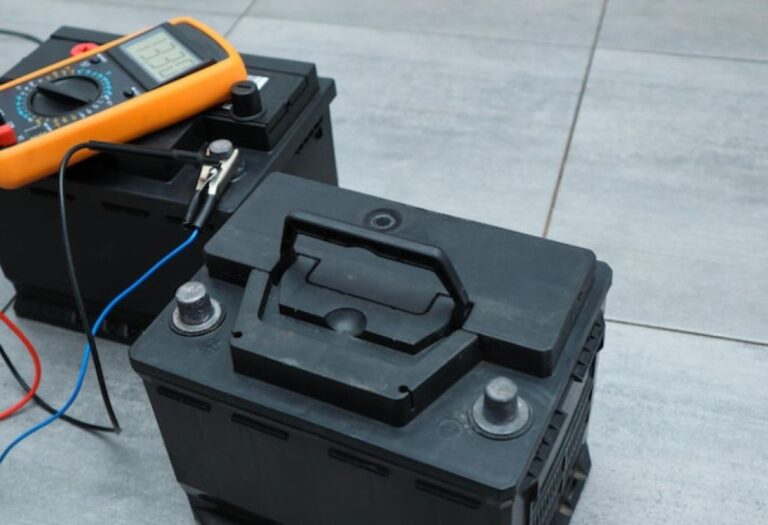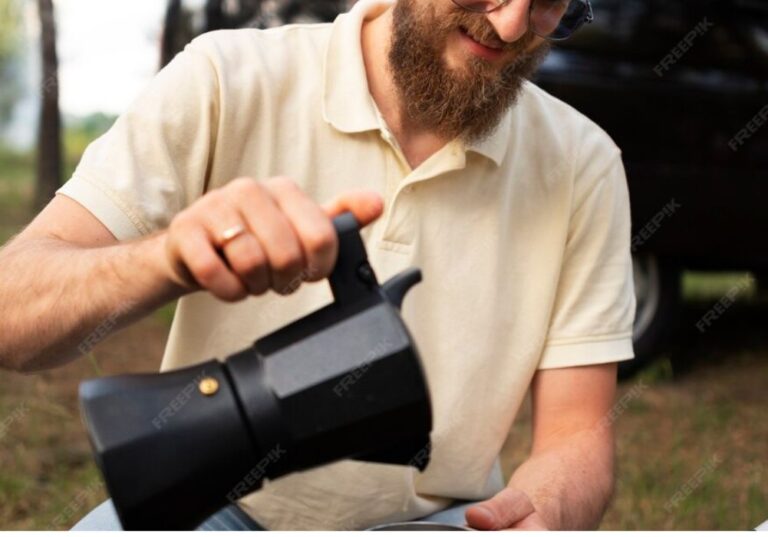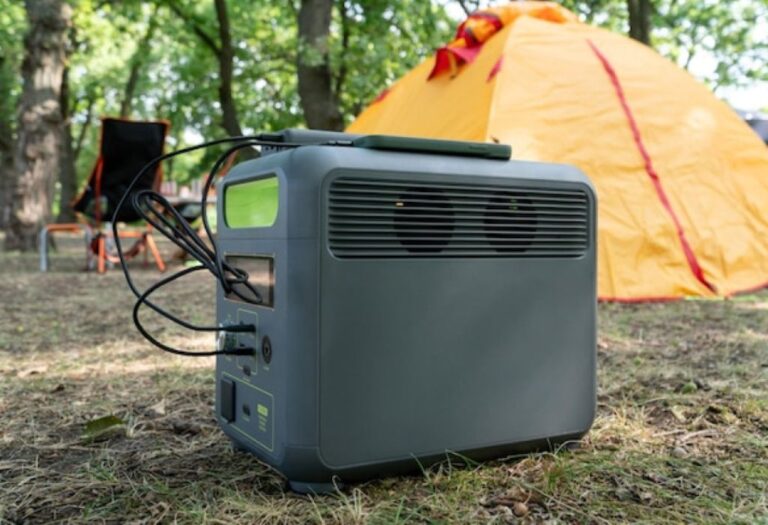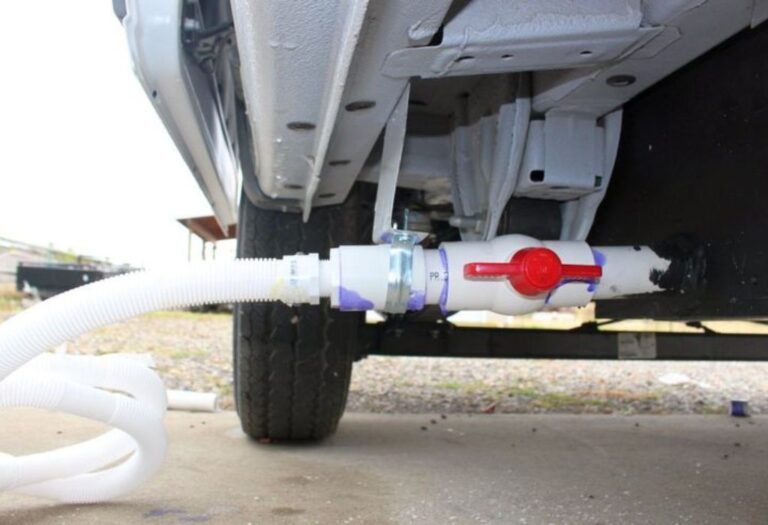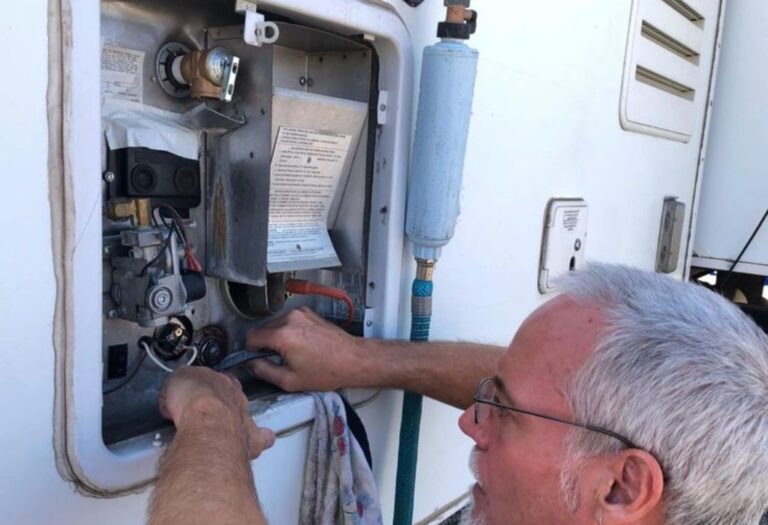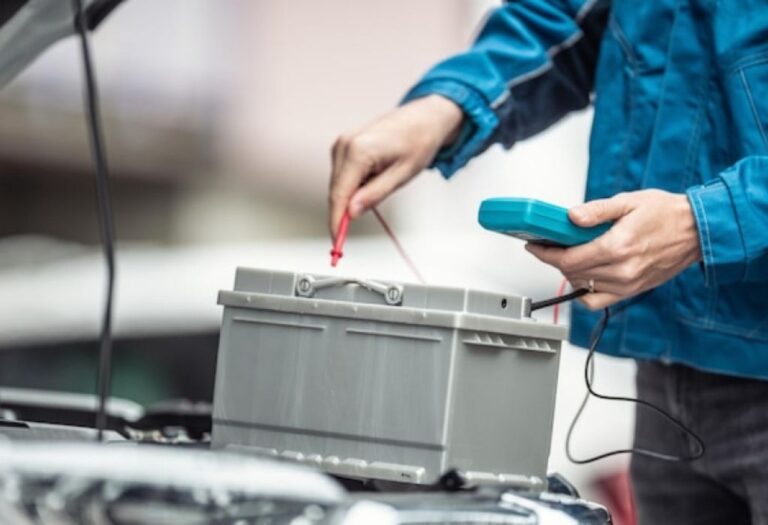How Long Do RV Water Pumps Last on Average?
An RV trip is meant to be about freedom and comfort, but that comfort disappears instantly when water stops flowing.
Imagine reaching a campsite, turning on the faucet, and realizing the water pump has failed. For many RV owners, this moment comes without warning because the pump often works silently in the background—until it doesn’t.
So the big question arises: how long do RV water pumps last? The answer is not one-size-fits-all.
Some pumps run for nearly a decade, while others begin to fail in just a few years. The difference lies in quality, usage habits, and maintenance.
According to the RV Industry Association , water system failures are among the top maintenance issues faced by RV owners each year.
A failing pump not only disrupts your trip but also costs time and money to replace. That makes understanding pump lifespan more than just a curiosity—it’s a key part of smart RV ownership.
This guide breaks down the average life expectancy of RV water pumps, the factors that influence it, signs of failure, and practical tips for extending pump life.
You’ll also learn when to replace your pump and what to consider if you choose to upgrade.
By the end, you will know not only how long RV water pumps last but also how to make sure yours delivers reliable performance for as many years as possible.
Average Lifespan of RV Water Pumps
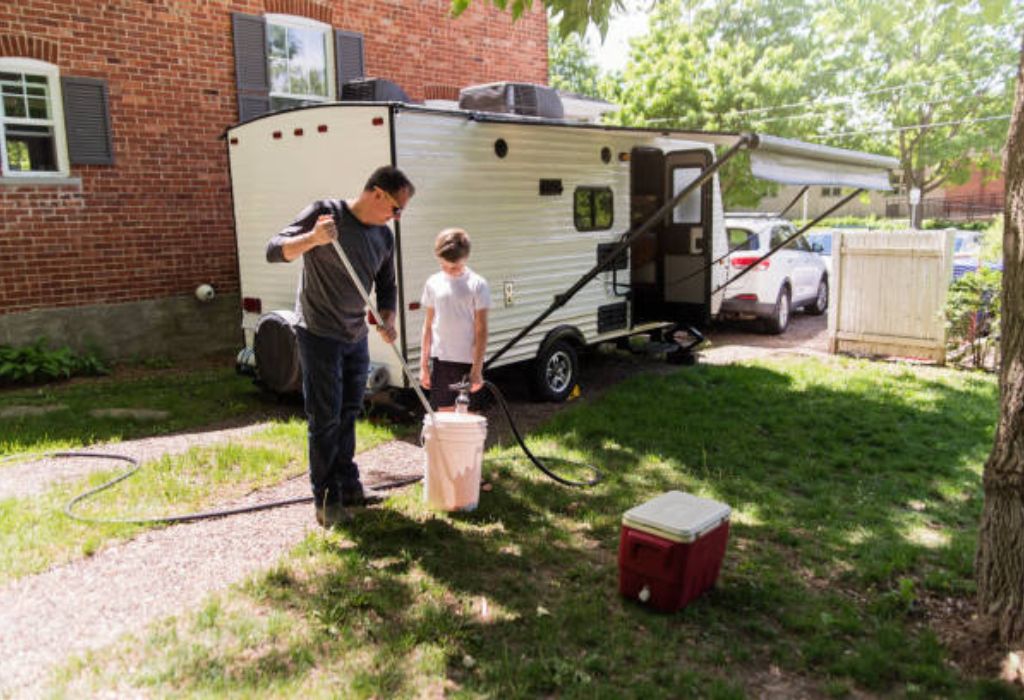
On average, RV water pumps last between four and ten years. This wide range reflects differences in how often the pump is used, the quality of its construction, and how well it is maintained. Light-use RVs may see pumps lasting beyond a decade, while full-time rigs put heavy demand on pumps that can wear them out faster.
The brand and build quality of the pump also play a huge role. Premium pumps feature corrosion-resistant parts, stronger seals, and more efficient motors. Budget pumps may be less durable and start showing issues within just a few years.
Environmental conditions add another layer. RVers who camp in areas with dusty, sandy air or hard water face more wear and tear. Hard water, in particular, leaves mineral buildup inside pump valves, slowly reducing performance.
Industry data suggests many pumps begin to lose efficiency after five years, even if they don’t completely fail. Owners often report weaker pressure, increased noise, or longer cycle times. Replacing at this stage can prevent sudden breakdowns.
In short, while 4–10 years is the typical lifespan range, real-world results vary. A careful owner can stretch pump life toward the high end, while neglect quickly cuts it short.
How long do RV water pumps usually last?
Between 4 and 10 years depending on usage and care.
Can pumps last longer than 10 years?
Yes, but only with excellent maintenance and lighter use.
Do cheap pumps fail sooner?
Yes, budget pumps often use weaker parts that wear quickly.
Does water type affect pump life?
Yes, hard or dirty water reduces lifespan by causing buildup.
When should I replace a pump?
When you notice leaks, noise, or weak water pressure.
Factors That Influence Pump Longevity
Multiple factors determine whether an RV water pump lasts a few years or a full decade.
Pump Quality and Build: Premium pumps from trusted brands are engineered with better seals, bearings, and housings. These last much longer than low-cost models that sacrifice quality for price.
Frequency of Use: A full-time RVer who runs the pump daily places far more stress on it compared to someone who camps a few weekends per year. More cycles mean faster wear.
Water Quality: Hard water with minerals and sediment clogs valves and erodes pump components. Using filters and softeners protects against this.
Maintenance Habits: Routine care is critical. Cleaning filters, flushing tanks, and winterizing before storage prevent dirt, scale, and freezing damage. Skipping these steps shortens lifespan dramatically.
Storage and Environment: Pumps stored in freezing conditions without protection often crack or seize. Extreme heat can also dry out seals. Proper storage adds years of life.
Together, these factors explain why two similar RVs can have pumps that last very different lengths of time.
Does brand quality really matter?
Yes, top brands generally last longer due to better engineering.
How does frequency of use affect lifespan?
More daily cycles lead to faster wear and shorter pump life.
Why is water quality important?
Sediment and minerals damage valves and seals over time.
Can maintenance double pump life?
Yes, regular cleaning and winterizing can add several years.
Does climate affect pump durability?
Yes, freezing or very hot storage conditions shorten lifespan.
Common Signs Your RV Water Pump Is Wearing Out
Catching warning signs early can save you from complete pump failure during a trip.
One of the first signs is increased noise. A pump that rattles or grinds louder than usual may have worn bearings or internal parts. More vibration than normal is also a red flag.
Weak or inconsistent water pressure is another indicator. If faucets produce a weaker stream, the pump may be losing efficiency due to worn seals or clogged valves.
Frequent cycling is a subtle but important sign. A healthy pump starts when needed and stops once pressure is reached. A failing pump may cycle on and off too quickly, suggesting leaks or switch problems.
Another common symptom is failure to shut off. If the pump runs constantly even after water is turned off, it likely has a faulty pressure switch or internal leak. This constant running can burn out the motor quickly.
Leaks around the pump housing are a final warning. Water pooling near the pump often means cracked parts or failing seals, which should be addressed immediately.
Why is my pump louder than before?
Worn bearings or internal wear are likely causes.
Why is water pressure weak?
Clogged valves or failing seals reduce output.
Why does my pump cycle too often?
Leaks or pressure switch problems cause rapid cycling.
Why won’t my pump shut off?
A faulty switch or internal leak is the usual reason.
Why is water leaking from the pump?
Cracked housings or damaged seals cause visible leaks.
How to Extend the Life of an RV Water Pump
While no pump lasts forever, smart practices can add years of service life.
First, always avoid running the pump dry. A dry run overheats the motor and damages seals quickly. Keep your fresh water tank filled and ensure the system is primed before operating the pump.
Second, keep your water system clean. Flush tanks regularly to remove sediment and sanitize lines. Filters on the intake prevent dirt, rust, and grit from reaching the pump.
Third, perform seasonal maintenance. Before winter storage, drain water and add RV-safe antifreeze to prevent freeze damage. In warmer months, check hoses and clamps for leaks that could cause extra cycling.
Fourth, conserve water where possible. Long showers, running multiple faucets at once, or overusing fixtures puts unnecessary strain on the pump. Reducing demand helps the pump last longer.
Fifth, inspect regularly. Every few months, check for leaks, noise changes, or pressure drops. Early fixes prevent major breakdowns and extend pump life.
Why should I avoid running dry?
It overheats the pump and destroys seals.
Do filters really help?
Yes, filters block sediment that damages pump parts.
How often should I flush tanks?
Every few months or after long storage periods.
Is winterizing necessary?
Yes, freezing water cracks housings and destroys pumps.
Should I carry a spare pump?
Yes, many RVers keep one for emergencies.
Replacement and Upgrade Considerations
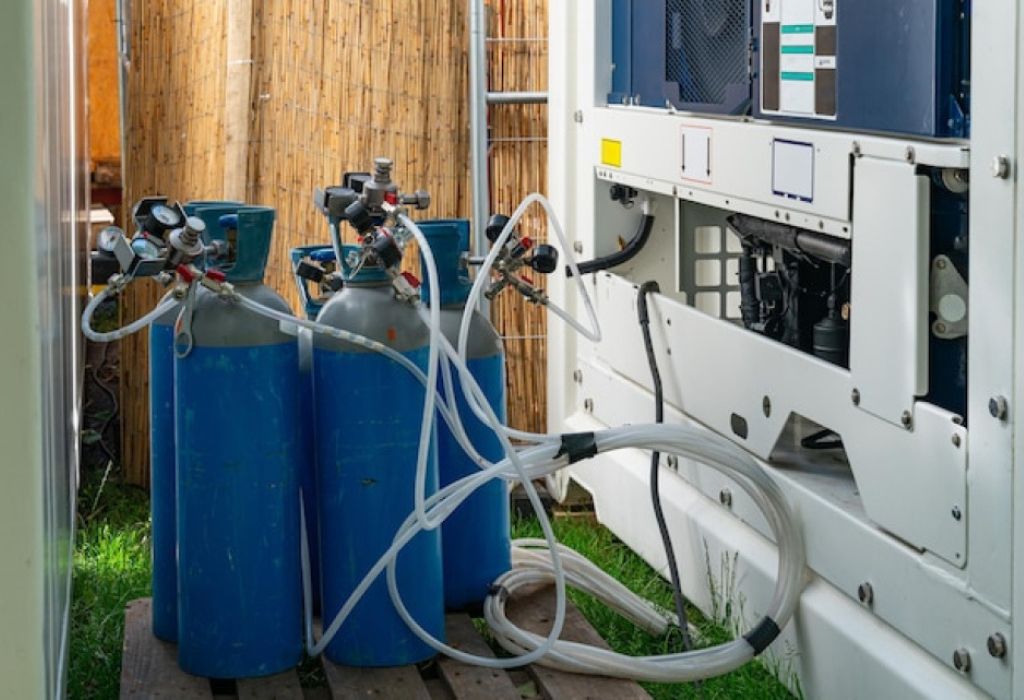
Even well-maintained pumps reach the end of their lifespan eventually. Knowing when and how to replace them avoids bigger problems.
Replacement becomes necessary when pumps cannot maintain pressure, leak visibly, or run constantly without shutting off. In many cases, repair costs nearly as much as a new pump, making replacement the smarter choice.
New RV water pumps cost between $70 and $200 depending on brand and features. While cheaper pumps are available, mid-range and premium pumps offer quieter operation, longer lifespans, and better energy efficiency.
Replacing a pump is a manageable DIY project for most RV owners. With basic tools and some patience, installation can be done in one to two hours. However, professionals can handle tricky installs in tight spaces or complex systems.
Upgrading to a modern pump often provides extra benefits. Newer pumps run quieter, consume less energy, and handle variable flow rates more efficiently. Some models include built-in thermal protection to guard against overheating.
Compatibility matters most when upgrading. Always match the pump’s pressure and flow rate to your RV plumbing. Installing the wrong pump can cause strain or underperformance.
How much does a replacement pump cost?
Most cost between $70 and $200 depending on features.
How long does replacement take?
Typically 1–2 hours for DIY installation.
Is repairing an old pump worth it?
Usually no, replacement is more reliable and cost-effective.
Should I upgrade to a newer pump?
Yes, modern pumps are quieter and more efficient.
Do all pumps fit all RVs?
No, always check compatibility with your system.
Conclusion
So, how long do RV water pumps last? The typical range is four to ten years, but the real answer depends on usage, maintenance, water quality, and storage. Full-time RVers may need replacements sooner, while careful part-time users can stretch pumps beyond a decade.
Pay attention to warning signs like noise, leaks, or cycling issues. Perform routine maintenance like flushing tanks, cleaning filters, and winterizing before storage. These habits can double pump life.
When replacement is inevitable, choose a pump that fits your RV system and consider upgrading to a modern, efficient model. By planning ahead, you can avoid disruptions and keep water flowing whenever you travel.
I’m David R. Coleman, the founder, lead writer, and lifelong tool enthusiast behind GarageToolPro.com. With years of experience in automotive repair, woodworking, and home DIY projects, I created this platform to share practical tips, detailed tool reviews, and step-by-step guides that help mechanics, hobbyists, and homeowners get the job done right the first time.

